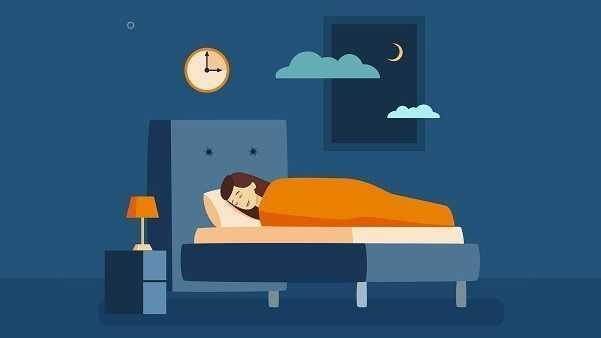Some sleep is worse than no sleep for keeping fear in check
Curated from: bigthink.com
Ideas, facts & insights covering these topics:
2 ideas
·2.87K reads
5
Explore the World's Best Ideas
Join today and uncover 100+ curated journeys from 50+ topics. Unlock access to our mobile app with extensive features.
A good night's sleep
A good night's sleep is essential for our overall good health. Memories are cemented during sleep, and students are often reminded that they need to have good sleep habits to maximize their learning.
New research shows that sleep is also vital for unlearning things (especially the things that we no longer need to fear). These findings may prove useful in helping those with or at risk of developing anxiety or post-traumatic stress disorder.
121
1.21K reads
Some sleep vs no sleep
- New research shows that that people without sleep fare better in learning what to fear and not fear than those getting only some sleep.
- Test subjects learned to associate colors with electric shocks, but only some unlearned it.
- The findings could be used to help create new treatments for those at risk of PTSD or anxiety.
108
1.66K reads
IDEAS CURATED BY
Amelia W.'s ideas are part of this journey:
Learn more about health with this collection
Seeking support from others
Identifying the symptoms of burnout
Learning to say no
Related collections
Similar ideas
8 ideas
Sleep: how much do we really need?
theguardian.com
10 ideas
Myths and Facts about Sleep - National Sleep Foundation
sleepfoundation.org
3 ideas
Read & Learn
20x Faster
without
deepstash
with
deepstash
with
deepstash
Personalized microlearning
—
100+ Learning Journeys
—
Access to 200,000+ ideas
—
Access to the mobile app
—
Unlimited idea saving
—
—
Unlimited history
—
—
Unlimited listening to ideas
—
—
Downloading & offline access
—
—
Supercharge your mind with one idea per day
Enter your email and spend 1 minute every day to learn something new.
I agree to receive email updates

